https://www.morrisgroup.co/home
15125 Proctor Avenue
City of Industry
CA 91746
USA
Phone: 800-488-8999
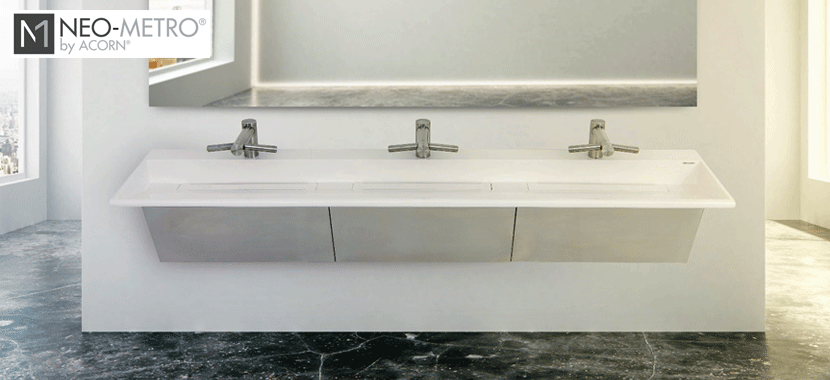
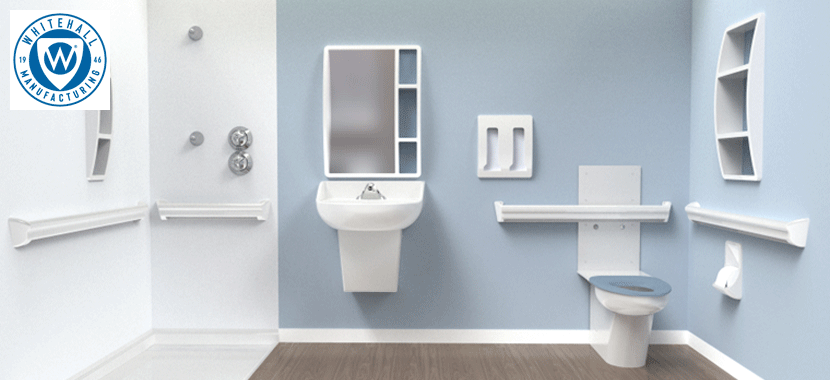
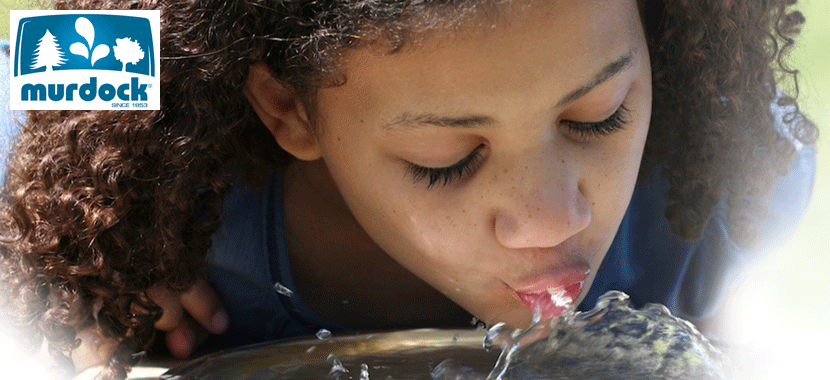
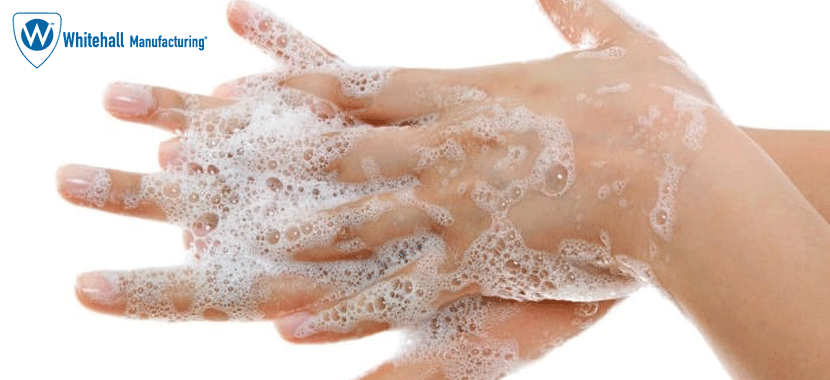
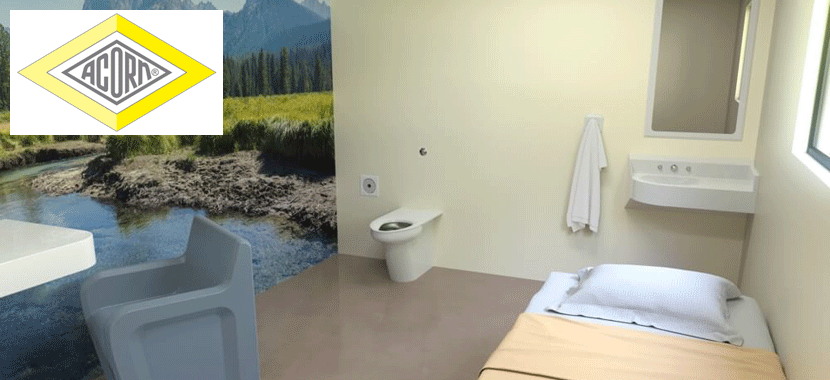
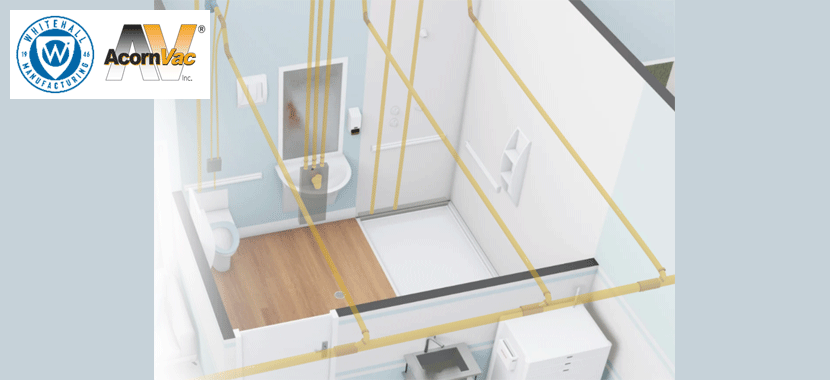
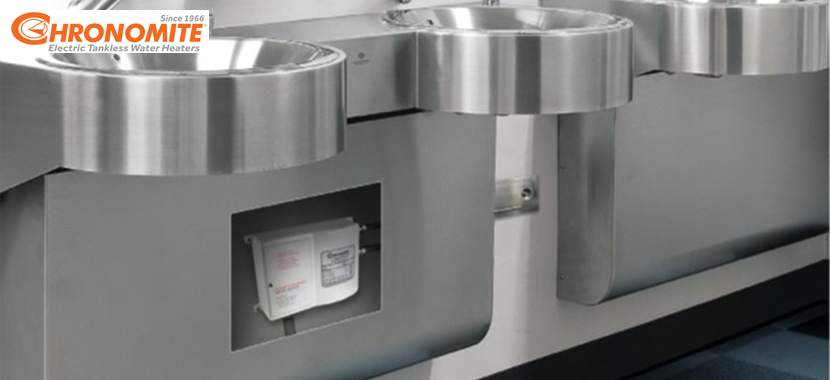
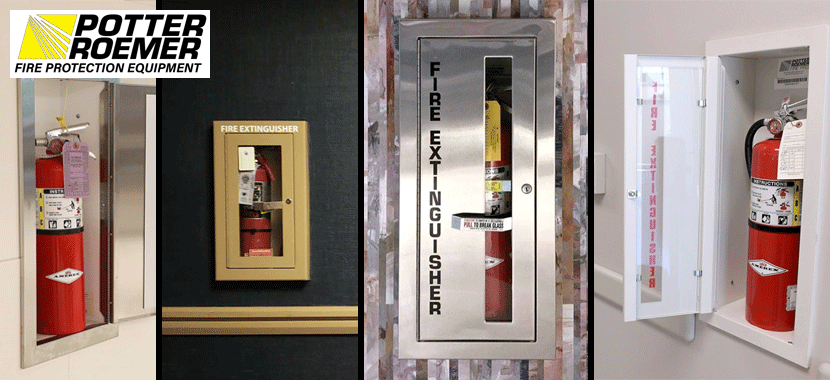
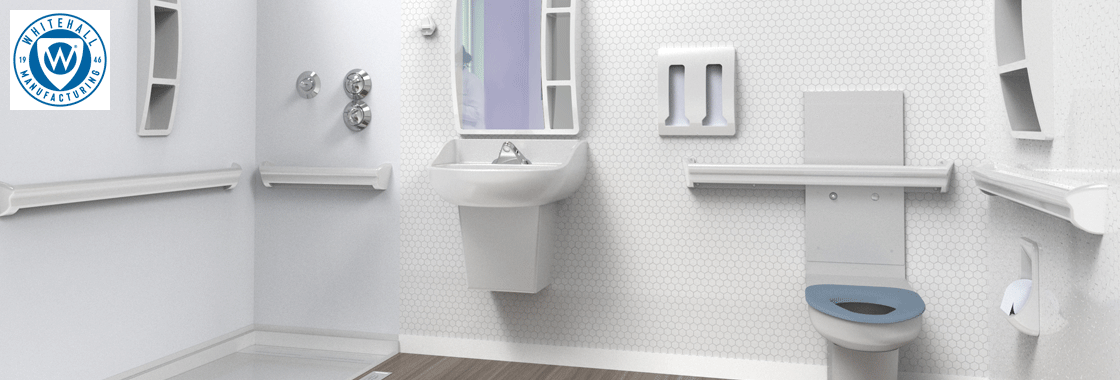
Displaying 9 course(s).
Scan this code with your mobile device camera to take this page on-the-go!

https://redirect.aecdaily.com/s795432/www.aecdaily.com/course/943346
 Inclusive design is a win-win for customers and businesses. It shows the business supports the assumption that public spaces should be functional for all users no matter their age, health, or abilities. The commitment to inclusivity encompasses promoting and respecting everyone’s right to choose a washroom. This course explores the benefits of inclusive spaces and discusses the sustainable, hygienic, functional, and distinctive design and material options for inclusive public bathrooms.
Inclusive design is a win-win for customers and businesses. It shows the business supports the assumption that public spaces should be functional for all users no matter their age, health, or abilities. The commitment to inclusivity encompasses promoting and respecting everyone’s right to choose a washroom. This course explores the benefits of inclusive spaces and discusses the sustainable, hygienic, functional, and distinctive design and material options for inclusive public bathrooms.
Scan this code with your mobile device camera to take this page on-the-go!

https://redirect.aecdaily.com/s795432/www.aecdaily.com/course/681191
 Healthcare facilities are now striving to meet the needs of all patients to offer not only healthy and safe spaces, but inclusive spaces as well. Recent advances in plumbing design for healthcare facilities are helping to keep all patients and caregivers safe and healthy. This course reviews innovations in plumbing design and how these designs support trending healthcare needs such as ADA patients, bariatric patients, behavioral healthcare, and infection prevention.
Healthcare facilities are now striving to meet the needs of all patients to offer not only healthy and safe spaces, but inclusive spaces as well. Recent advances in plumbing design for healthcare facilities are helping to keep all patients and caregivers safe and healthy. This course reviews innovations in plumbing design and how these designs support trending healthcare needs such as ADA patients, bariatric patients, behavioral healthcare, and infection prevention.
Scan this code with your mobile device camera to take this page on-the-go!

https://redirect.aecdaily.com/s795432/www.aecdaily.com/course/957482
 Contemporary drinking fountains, water coolers, and water bottle refilling stations provide communities with access to safe, clean drinking water. This course recounts the history of the drinking fountain and addresses regulations surrounding drinking water distribution and treatment. It introduces touchless activation, compares the use of bottled water to bottle refillers, and provides guidelines for specifying commercial water delivery systems.
Contemporary drinking fountains, water coolers, and water bottle refilling stations provide communities with access to safe, clean drinking water. This course recounts the history of the drinking fountain and addresses regulations surrounding drinking water distribution and treatment. It introduces touchless activation, compares the use of bottled water to bottle refillers, and provides guidelines for specifying commercial water delivery systems.
Scan this code with your mobile device camera to take this page on-the-go!

https://redirect.aecdaily.com/s795432/www.aecdaily.com/course/921739
 The importance of handwashing in regard to personal health is well understood, and most people feel they know how to do it properly. However, the places where and methods by which hands are washed are not always as healthy and safe as they should or appear to be. This course outlines the proper handwashing techniques, especially for healthcare and food preparation contexts; explains how germs, viruses, and bacteria are spread and where sanitation problems with sinks may reside; and describes how to select and specify the most appropriate washup, infection prevention, and scrub sinks, countertops, and fitments.
The importance of handwashing in regard to personal health is well understood, and most people feel they know how to do it properly. However, the places where and methods by which hands are washed are not always as healthy and safe as they should or appear to be. This course outlines the proper handwashing techniques, especially for healthcare and food preparation contexts; explains how germs, viruses, and bacteria are spread and where sanitation problems with sinks may reside; and describes how to select and specify the most appropriate washup, infection prevention, and scrub sinks, countertops, and fitments.
Scan this code with your mobile device camera to take this page on-the-go!

https://redirect.aecdaily.com/s795432/www.aecdaily.com/course/887663
 Universal hot water availability is generally taken for granted. At a time when energy prices and sources, environmental concerns, and water shortages are increasing in significance, it is important to produce hot water in a manner that addresses all these issues. This course explains how electric tankless water heaters (ETWHs) do this while also improving health and safety conditions and reducing costs. The examination includes detailed descriptions of many types of ETWHs and the basic calculations and selection criteria for the most suitable system.
Universal hot water availability is generally taken for granted. At a time when energy prices and sources, environmental concerns, and water shortages are increasing in significance, it is important to produce hot water in a manner that addresses all these issues. This course explains how electric tankless water heaters (ETWHs) do this while also improving health and safety conditions and reducing costs. The examination includes detailed descriptions of many types of ETWHs and the basic calculations and selection criteria for the most suitable system.
Scan this code with your mobile device camera to take this page on-the-go!

https://redirect.aecdaily.com/s795432/www.aecdaily.com/course/1094359
 Life-safety systems encompass both passive fire-protection features, like compartmentation and firestopping, and active ones, such as sprinklers and alarms. Portable fire extinguishers are an integral part of life-safety systems and must meet code-mandated number and placement requirements in most building types. This course looks at how fire extinguishers can be stored safely and securely in cabinets and addresses specification considerations. Also reviewed are the many options available to customize fire extinguisher cabinets so they are tailored to each project’s needs and design goals.
Life-safety systems encompass both passive fire-protection features, like compartmentation and firestopping, and active ones, such as sprinklers and alarms. Portable fire extinguishers are an integral part of life-safety systems and must meet code-mandated number and placement requirements in most building types. This course looks at how fire extinguishers can be stored safely and securely in cabinets and addresses specification considerations. Also reviewed are the many options available to customize fire extinguisher cabinets so they are tailored to each project’s needs and design goals.
Scan this code with your mobile device camera to take this page on-the-go!

https://redirect.aecdaily.com/s795432/www.aecdaily.com/course/1083088
 Healthcare facilities are striving to meet the needs of all patients and caregivers by offering healthy, safe, and inclusive spaces that can be repurposed quickly if needed. This course reviews innovations in plumbing design, such as vacuum plumbing and its applications, and explores how these design innovations support trending healthcare needs, including infection prevention, behavioral healthcare, and bariatric applications, and fulfill ADA requirements. Several case studies showcasing successful examples are also covered.
Healthcare facilities are striving to meet the needs of all patients and caregivers by offering healthy, safe, and inclusive spaces that can be repurposed quickly if needed. This course reviews innovations in plumbing design, such as vacuum plumbing and its applications, and explores how these design innovations support trending healthcare needs, including infection prevention, behavioral healthcare, and bariatric applications, and fulfill ADA requirements. Several case studies showcasing successful examples are also covered.
Scan this code with your mobile device camera to take this page on-the-go!

https://redirect.aecdaily.com/s795432/www.aecdaily.com/course/946684
 The US has the highest incarceration rate in the world, and with recidivism rates as high as 75% within five years, the prospects for released inmates are dim. There is no simple solution to these issues, but one approach is to focus on rehabilitation to help inmates reintegrate successfully into society upon release. This course looks at the role evidence-based building design can play in a rehabilitative environment that promotes healing, autonomy, and growth. Design strategies are presented with a focus on ADA-compliant, ligature-resistant plumbing products and water management systems that support a clean, safe, secure, rehabilitative environment.
The US has the highest incarceration rate in the world, and with recidivism rates as high as 75% within five years, the prospects for released inmates are dim. There is no simple solution to these issues, but one approach is to focus on rehabilitation to help inmates reintegrate successfully into society upon release. This course looks at the role evidence-based building design can play in a rehabilitative environment that promotes healing, autonomy, and growth. Design strategies are presented with a focus on ADA-compliant, ligature-resistant plumbing products and water management systems that support a clean, safe, secure, rehabilitative environment.
Scan this code with your mobile device camera to take this page on-the-go!

https://redirect.aecdaily.com/s795432/www.aecdaily.com/course/1012262
 The design of behavioral healthcare facilities should address the therapeutic and safety needs of patients and staff while meeting the applicable codes and regulations. Reviewed in this course are ligature-resistant products developed for patient rooms and bathrooms that strike the balance between providing the safest design solutions and creating a noninstitutional environment.
The design of behavioral healthcare facilities should address the therapeutic and safety needs of patients and staff while meeting the applicable codes and regulations. Reviewed in this course are ligature-resistant products developed for patient rooms and bathrooms that strike the balance between providing the safest design solutions and creating a noninstitutional environment.
Displaying 9 course(s).